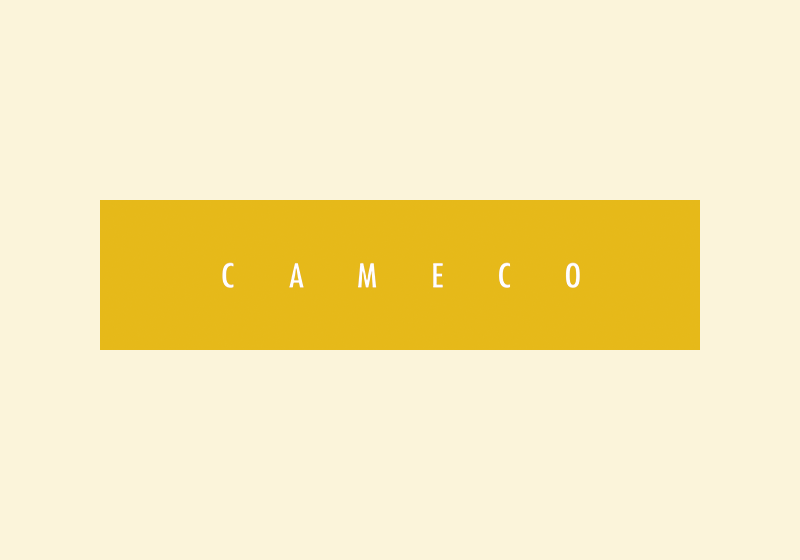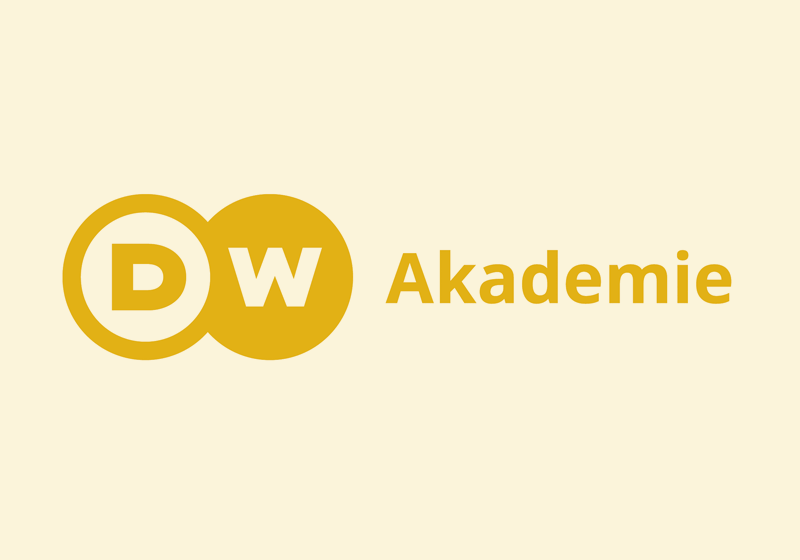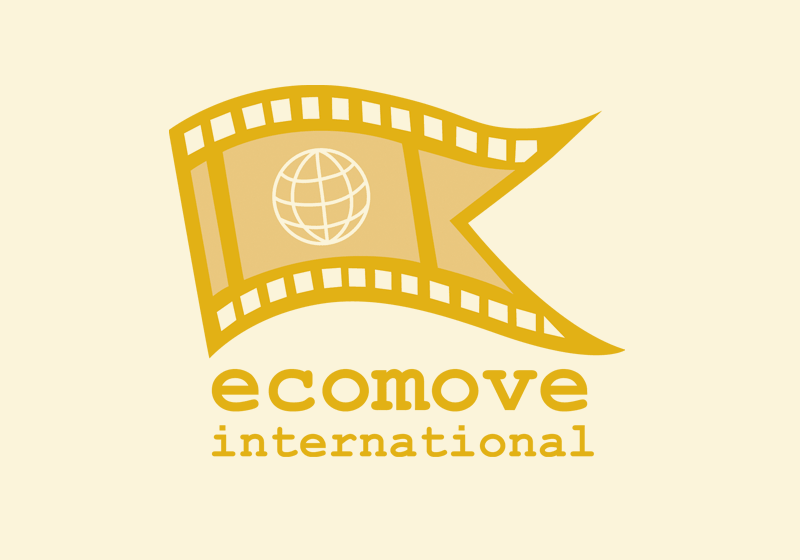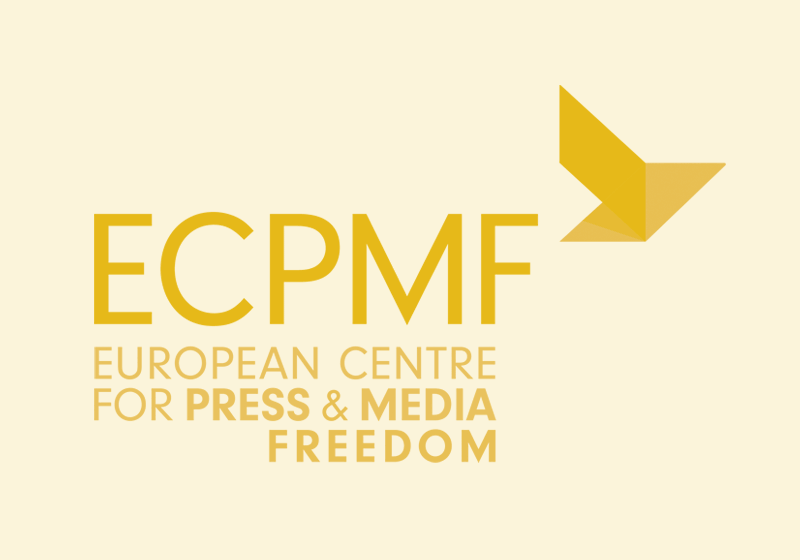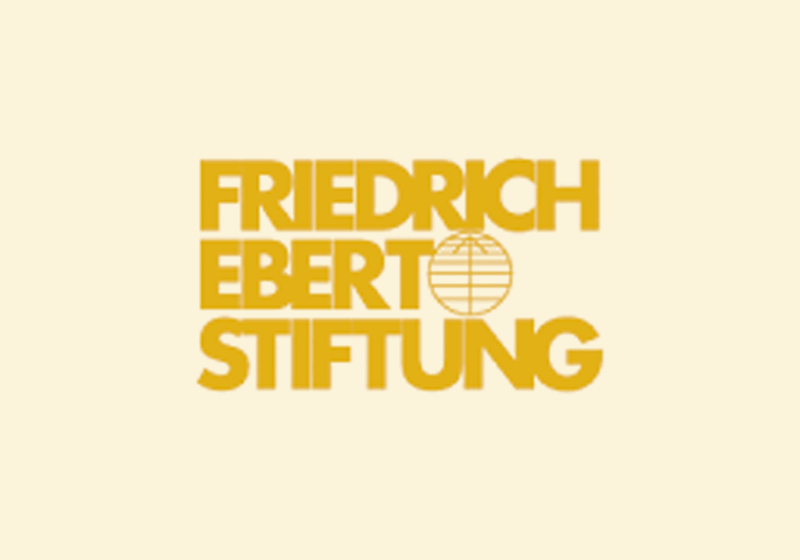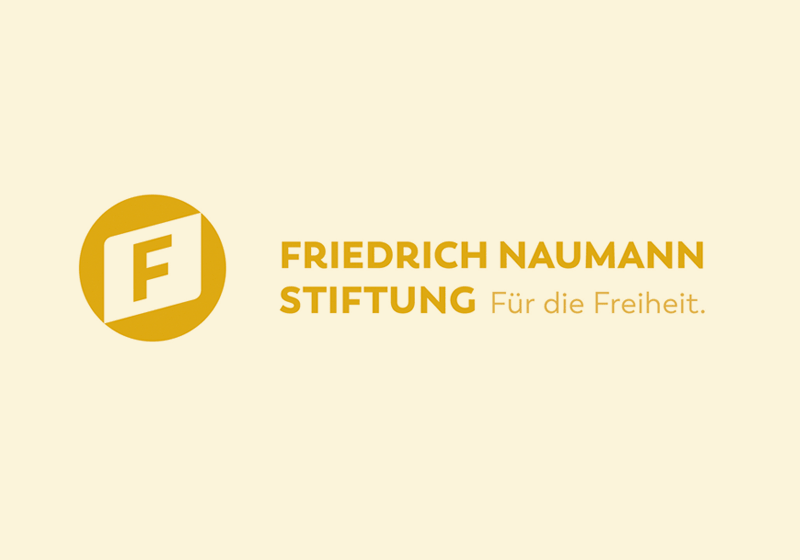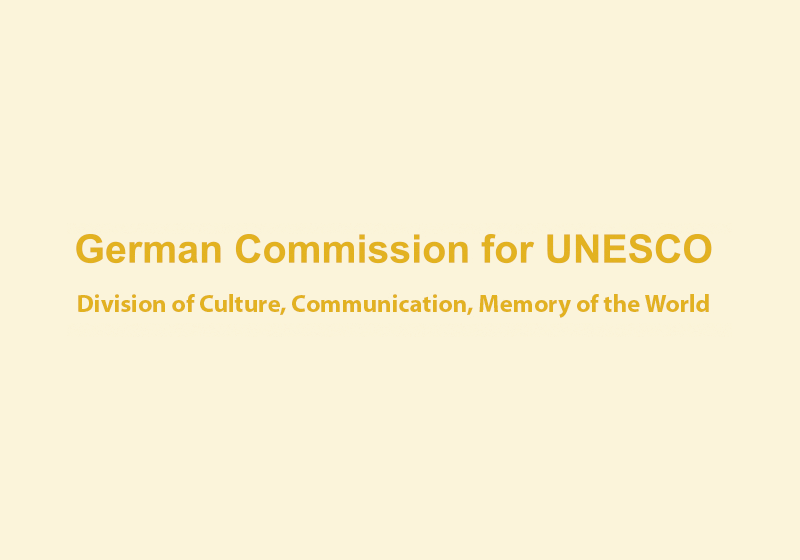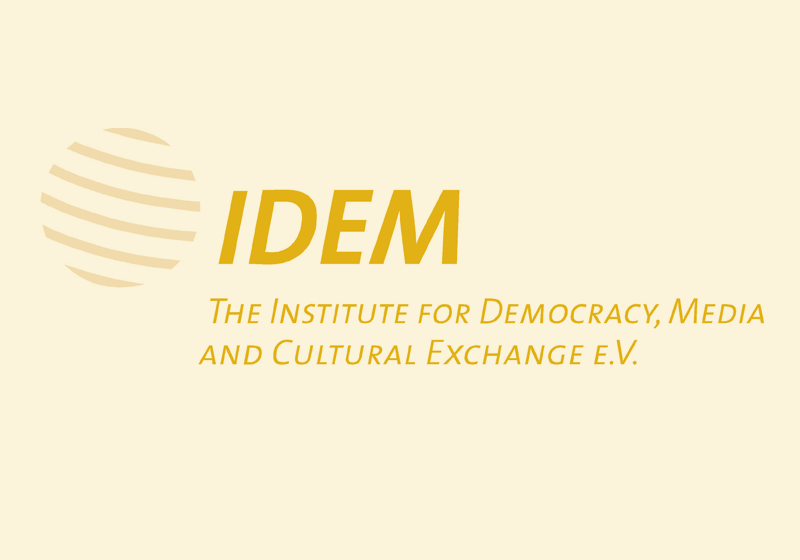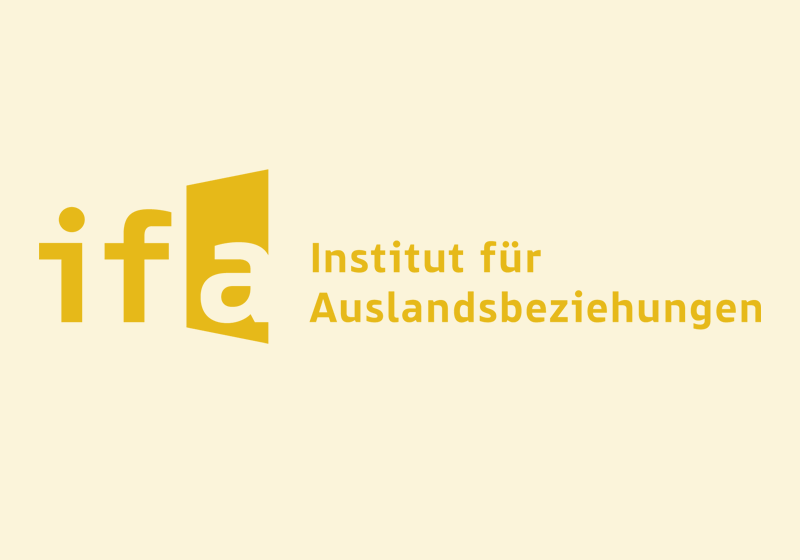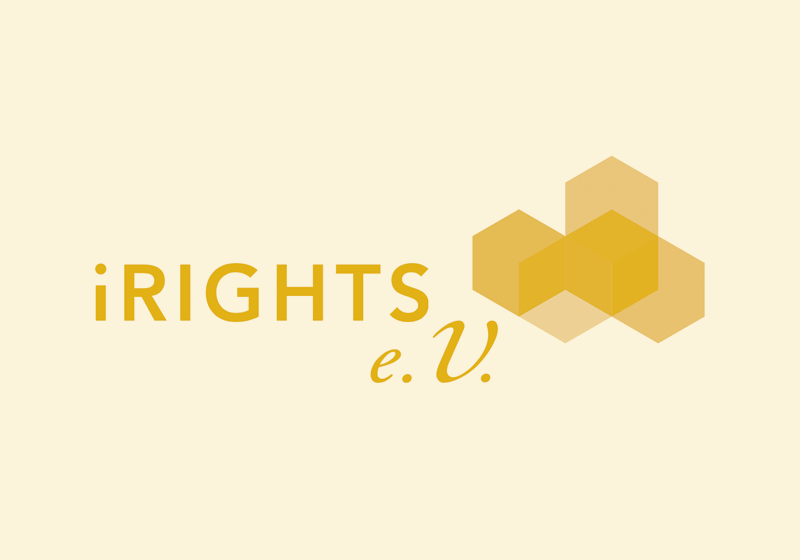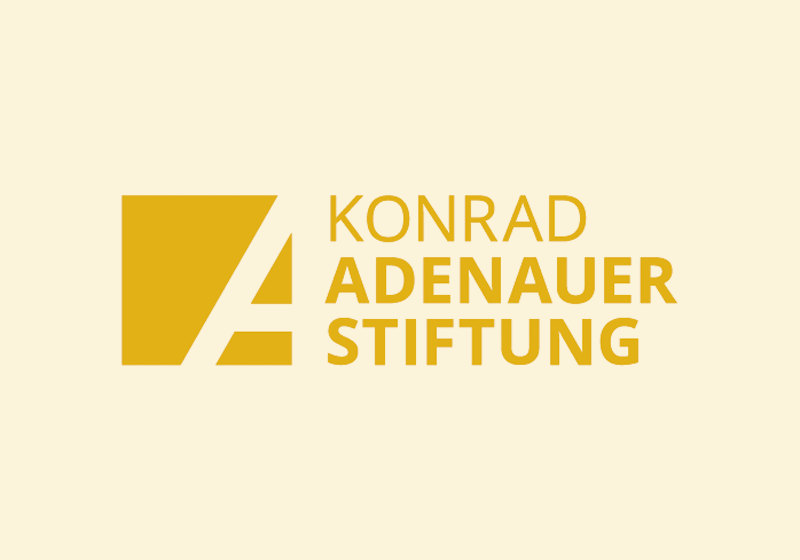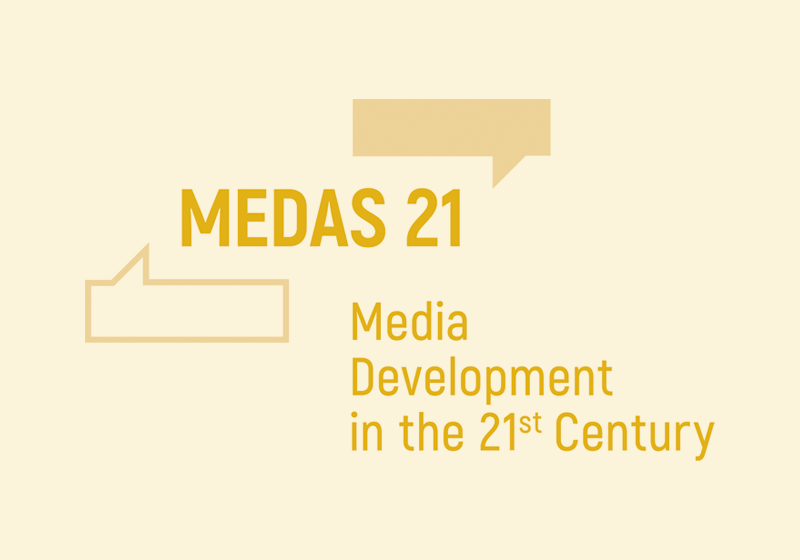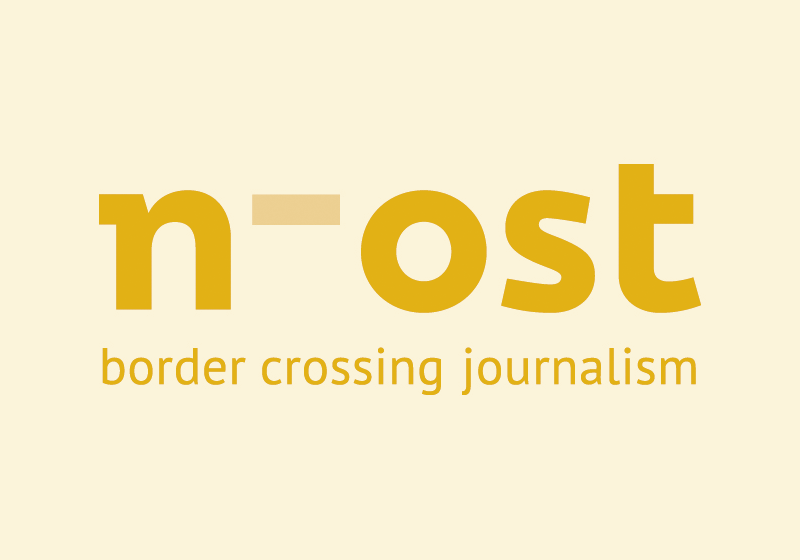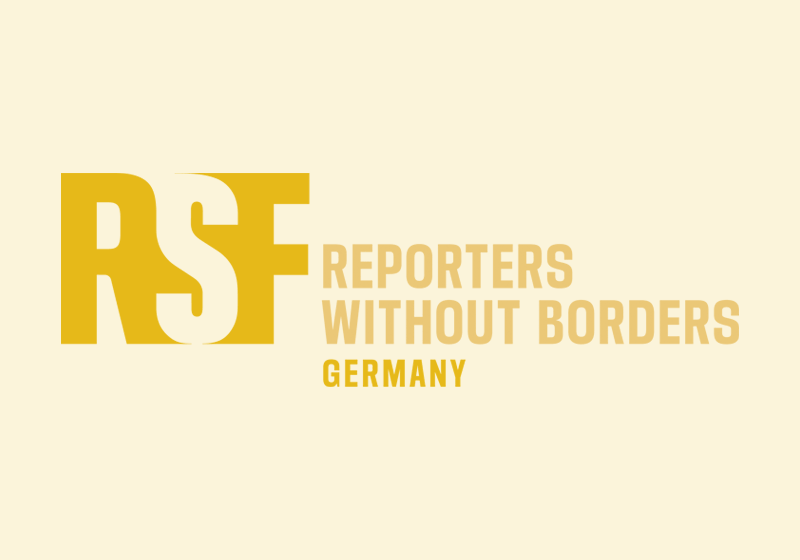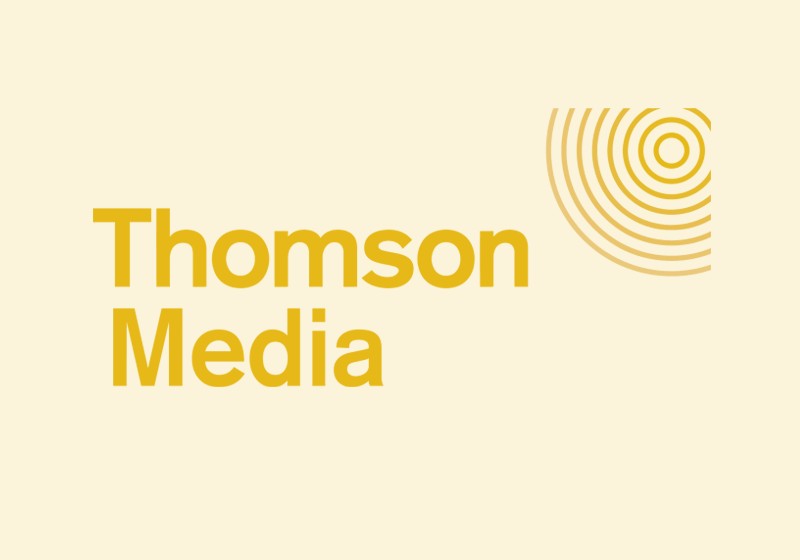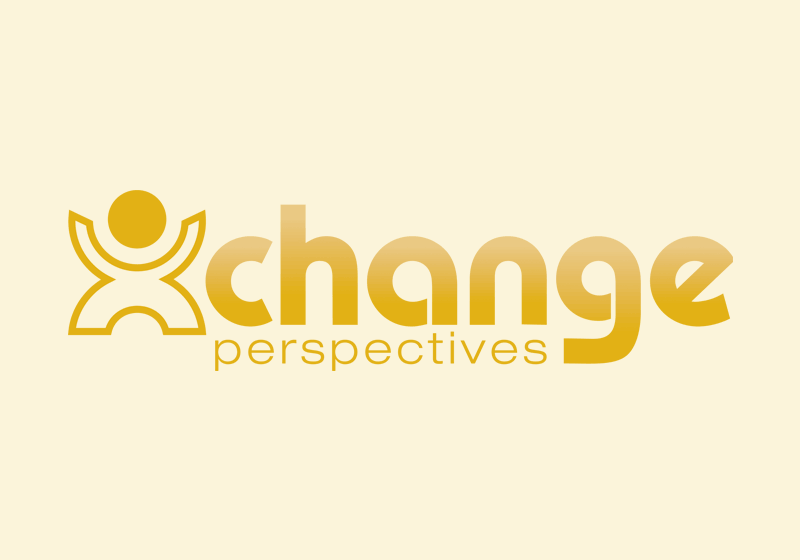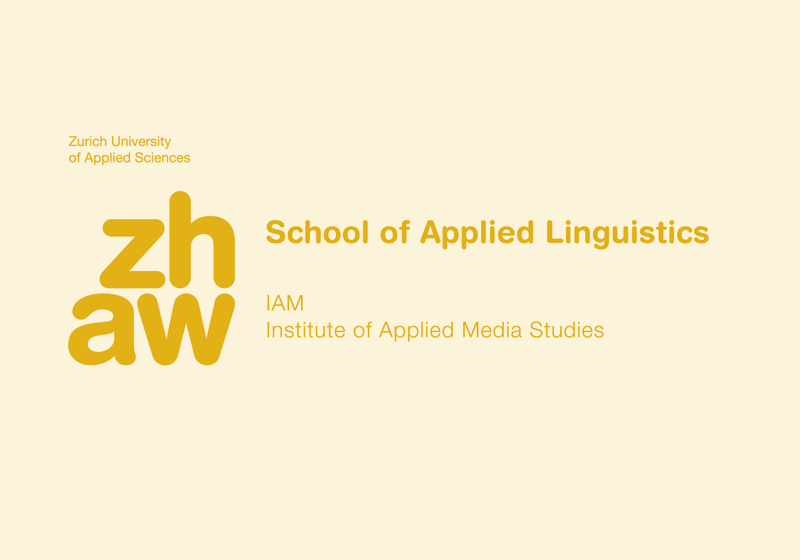Day 1 – fome Symposium 2025
 Beyond Dependency: Rethinking Support for Public Interest Media
Beyond Dependency: Rethinking Support for Public Interest Media
Tuesday, December 9, 2025
Program overview download
(Program is subject to changes)
The event will be moderated by Edith Kimani, Deutsche Welle.
To set the stage, Laura Moore (DW Akademie) will present selected results from the State of Media Development Report at the start of each session.
9:00 Registration and refreshments
10:00 Welcome from hosts
- Carsten von Nahmen, DW Akademie
- Geoff Loane, CDAC
10:30 Panel discussion + Q&A
Funding Under Pressure: Exploring Diverse Revenue Streams for Public Interest Media
(hosted by DW Akademie and Fondation Hirondelle)
The financial landscape for media operating in politically pressured and crisis-prone environments has become increasingly volatile. A key source of support is public funding through official development assistance (ODA). In fact, just last year, OECD countries endorsed the “Principles for Relevant and Effective Support to Media and the Information Environment”, calling for increased and more strategic financial support for media and information ecosystems.
However, 2025 also brought a stark reminder of the fragility of such funding: The dismantling of USAID by the U.S. administration led to a dramatic cut in media support. This underscores the urgent need for public interest media to diversify their revenue streams.
So, what funding options are available? Who is willing to invest in public interest journalism and why? This panel explores a range of funding mechanisms, from local revenue generation and ODA-based public funding to philanthropic support and private sector investment. We’ll examine both the opportunities and the conditions that come with each.
Key questions to be explored include:
• How has media support from state actors (ODA) evolved in recent years?
• How are private funders engaging with public interest media and what are the implications?
• What are the promises and perils of pooled funding models?
Speakers:
- Emma Cantera, OECD
- Gilles Marchand, Media and Philanthropy Initiative
- Douglas Mutumba, East Africa Radio Advertising Service
- Maral Jekta, JX Fund
Facilitator: Edith Kimani, Deutsche Welle
12:00 Parallel Sessions: Deep dives into actionable evidence
Breakout Room A: Power, Practice, Partnership: Rethinking Donor-Recipient Dynamics in Media Development
In both the media development sector and academia, independent media is considered an indispensable foundation for good governance and democratic order. Hardly any media assistance program does not mention supporting independent media as its overarching purpose. Consequently, a large share of independent media in the Global South depends on donor funding to maintain their operations. They have refined their proposal writing and donor relations skills; they know the sustainable development goals and the OECD criteria, and they align their journalistic work with donor interests. However, many suffer from short-term planning cycles and subsequent insecurity, as well as precarious working conditions, due to an increasingly competitive funding market.
At the fome Symposium 2025, we present the findings of a study examining how dependence on donor support is perceived and assessed by recipients who rely heavily on such support. Our approach is guided by interdependence theory (Rusbult & van Lange, 2008), and related research categories such as information certainty, covariation of interest, mutual dependence, vulnerability, and responsibility. We interviewed twenty representatives of independent media outlets from eight different countries about their income situation, the sustainability of different revenue streams, their experiences with various forms of donor support, and their recommendations for the sector. In our presentation, we will share insights from the analysis of the interviews, as well as suggestions for improvement.
The study is a collaboration between MiCT (Anja Wollenberg) and the University of Passau (Melanie Radue), supported by the University of Leipzig (Hazrat Bahar)
Speakers:
- Anja Wollenberg, MiCT
- Melanie Radue, University of Passau
Breakout Room B: Mapping Data for Journalism Support
Ivana Bjelic Vucinic will present the pre-final results of IMPACT’s mapping of media funding in Sub-Saharan Africa and connect these findings with previous mappings conducted in the Western Balkans, the Levant and Asia.
Participants will be invited to provide feedback on the findings and to help strategize future mapping exercises, ensuring that upcoming research is relevant, collaborative and sustainable. With shrinking levels of official development assistance (ODA), how can research on media funding be restructured to better support journalism? What types of data collection are most useful for strengthening public interest media?
The session will explore the methodology and scope of the current mapping, as well as potential directions for refining and expanding it. Together, we will consider whether to look at new and innovative models of funding, and how to map resources available for media from other areas such as humanitarian assistance, climate action, and broader development programs.
Key questions include:
- How can the mapping be made more useful and relevant for donors, investors and other stakeholders supporting public interest journalism?
- How can we ensure that the findings best support the work of our members – journalists, media outlets and media support organizations?
- Where is our network’s contribution most valuable?
- How can we make this work sustainable, and where might the funding for such data collection come from?
This interactive conversation will engage participants in reflecting on data-driven approaches to journalism support, aiming to build a more coherent and sustainable understanding of the global media funding landscape.
Speaker: Ivana Bjelic Vucinic, GFMD International Media Policy and Advisory Centre (IMPACT)
Breakout Room C: Exploring Innovative Financing for Public Interest Media
A profound financial crisis is confronting public interest journalism. Those in conflict-affected, fragile, politically pressured regions face systemic financing gaps compounded by retraction of donor assistance and authoritarian regimes using policy to cut off funding.
This is not business as usual. We need bold ideas that bring otherwise competing interests and interdisciplinary actors – from innovative financing, banking, impact investing, industry, business, media development, journalism, academia and civil society – together to create system level solutions. This is a structural problem that needs structural solutions.
Most recently we have led a number of projects exploring innovative financing for journalism including Where is the money? A global perspective on funding, financing and investment for media, offering locally led insights from four regions into trends in funding and investment for public interest media. Then the Entrepreneurial Journalism Playbook, a guide to new funding and financing approaches suited to entrepreneurial practices. In 2025, IMS also produced expert publication Catalysing Private Capital: Financing the Future of Public Interest Media in local contexts. At IMS are developing an innovative practical process to catalyze capital in supporting journalism at global, regional and national levels. The objective is to maximize the use of international public and private funding to incentivize and activate local capital with context specific solutions for journalism’s sustainability. For these and more visit www.mediasupport.org/viability
In this discussion we will exchange on real-world experiences of what it takes to deliver on new forms of funding, financing and investment in media – and prioritize how to get there.
Speaker: Clare Cook, International Media Support
13:00 Lunch
14:30 Parallel Sessions:
United for impact: Coalitions for public interest media
Breakout Room A: Stronger Together – Defending Journalism in Brazil through the Coalition to Defend Journalists
In May 2024, eleven civil society organizations in Brazil came together to launch the Coalition in Defense of Journalism (CDJor), a pioneering network dedicated to protecting press freedom and strengthening the country’s ecosystem for media and press freedom. Bringing together organizations with diverse profiles, CDJor coordinates joint advocacy efforts, public statements, monitoring, and organise joint events to address the pressing challenges that journalists are facing today – from physical attacks and judicial harassment to digital violence and challenging working conditions.
Since its launch, the coalition has played a key role in advising Brazil’s new Observatory of Violence Against Journalists, monitoring attacks during the 2024 municipal elections, and amplifying voices in debates on gender-based threats in journalism.
This conversation will spotlight the work of CDJor as a concrete example of how coalitions can unite actors across sectors to defend the public interest in times of polarization and hostility toward the press. Together with Abraji, we will discuss lessons learned and strategies for building effective alliances to safeguard journalism and freedom of expression.
This interactive session will spotlight CDJor as a cross-sector model to defend the public interest in times of polarization—while offering a practical, inside look at how a coalition operates: governance and roles, decision-making, strategic planning. Participants will take away concrete steps to adapt the model to their own contexts.
Speakers:
- Letícia Kleim, Associação Brasileira de Jornalismo Investigativo
- Nube Alvarez, Reporters without Borders
Breakout Room B: Coalition-Building for Public Interest Media in the Global South
This session examines how strategic alliances enable small think tanks and civil society organizations in the Global South to shape media policy and regulation despite limited resources. Drawing on work by the GIBS Media Leadership Think Tank in Johannesburg, the session will explore three coalition approaches that generated some impact.
First, South Africa’s Competition Commission Media and Digital Platforms Market Inquiry, where our think tank joined a SANEF-led alliance of journalists, digital-rights groups, self-regulatory bodies, and independent publishers. This alliance helped shape provisional findings on digital platform market power across search, social media, AI, and advertising technology markets. It also demonstrated how diverse actors can influence complex regulatory processes through coordinated, evidence-based engagement.
Second, our role co-organizing the M20 Summit in September 2025, which produced the Johannesburg Declaration. This unofficial G20 engagement group brought together journalists, NGOs, policymakers, funders, and media development organizations to address core issues: information integrity, journalist safety, media viability, and platform governance.
Third, our South–South partnerships through the CTRL+J tri-continental conference series with Momentum Journalism and Tech Task Force in Brazil, Asosiasi Media Siber Indonesia, and the International Fund for Public Interest Media. Launched in 2025, these convenings across Africa, Asia, and Latin America built shared strategy among Global South organizations working on similar challenges in different contexts. CTRL+J has created space for journalists, publishers, technologists, government stakeholders, and civil society actors to foster collective agendas.
This session explores what makes these coalitions effective: shared purpose, professional support, credible research, institutional diversity, and narrative power. Participants will discuss how similar alliance-building might strengthen public-interest media elsewhere, moving toward more horizontal forms of collaboration and influence.
Speaker: Michael Markovitz, Media Leadership Think Tank, South Africa
Breakout Room C: Afghan Journalism in Exile: Digital platforms, cross-border reporting, and diaspora networks
Following the regime change in 2021, Afghanistan’s media landscape has experienced a significant transformation. Independent outlets have been shut down, journalists have been silenced or forced to flee, and Taliban restrictions have nearly eliminated press freedoms. However, from this collapse, a new and resilient form of journalism has emerged—Afghan media in exile. Operating mainly from Western countries, exiled Afghan journalists and media organizations continue their work to inform, investigate, and amplify the voices of Afghans inside and outside the country.
This panel discusses how these media outlets have transformed Afghan journalism from outside the country. It emphasizes their resilience and the challenges they face, such as security risks, resource shortages, and limited access to reliable information. The discussion also stresses the important issue of funding, especially after the U.S. (Trump administration) ended support for international media development. These changes have made many exile outlets struggle to survive, prompting them to seek new partnerships and ways to connect with their audiences.
At the same time, Afghan media in exile have become vital players in upholding press freedom and accountability. Through digital platforms, cross-border reporting, and diaspora networks, they maintain the flow of independent information, record human rights abuses, and provide Afghans at home and abroad with an essential connection.
Ultimately, this panel emphasizes that Afghan journalism, even in exile, continues to be a vital force for democracy and human dignity. This discussion highlights the fragility and strength of free expression in exile.
Speakers:
- Hazrat Bahar, Afghanistan Media Support Organization
- Hamid Obaidi, Afghanistan Media Support Organization
Breakout Room D: Media at the Table: Influencing the next EU budget
This session looks at how collective advocacy through the Media Viability Manifesto (MVM) group has shaped the EU’s ongoing budget negotiations. It will also share new survey findings on what European media and development actors expect from the EU’s next long-term budget, the Multiannual Financial Framework (MFF).
Speaker:
- Peter Erdelyi, Center for Sustainable Media
15:45 Panel discussion + Q&A
Strategic Turn Ahead? Rethinking Western Media Development Aid in Times of Power Shifts
(hosted by n-ost & FNF)
Both the growing authoritarianism in the Eastern Partnership (EaP) countries and the reduction in USAID funding call for an adjustment of international media support programs: As a result of the U.S. withdrawal, almost all Eastern European media outlets are facing severe economic challenges. In Belarus, Georgia, and Azerbaijan, political pressure on independent media has reached an existential level. Widespread societal polarization and targeted disinformation campaigns are further eroding public trust in the media. What media outlets need in this situation is reliable and flexible support. However, such strategic funding remains the exception rather than the rule.
Using the German case as an example, we aim to explore what obstacles hinder reform of current funding practices and what innovations are needed for a more tailor-made and impactful support policy by discussing the following questions:
- What considerations underpin Germany’s current funding approach—and how valid are they in light of the radically changed conditions for journalism (not only) in Eastern Europe?
- How must European donors adapt their funding strategies to best compensate for the loss of U.S. funding?
- And what role can and should media development cooperation play in upholding the banner of independent, high-quality journalism in the global “battle of narratives” against increasingly assertive actors such as Russia and China
Speakers:
- Bärbel Kofler, German Federal Ministry for Economic Cooperation and Development
- Maryia Sadouskaya-Komlach, Free Press Unlimited
- Ivana Bjelic Vucinic, GFMD International Media Policy and Advisory Centre (IMPACT)
Facilitator: Anneke Hudalla, n-ost
16:45 Coffee break
17:15 Fireside chat
Enhancing synergies between media development and the humanitarian sector
Speakers:
- Sarah Cotton, CDAC
- Laura Moore, DW Akademie
Facilitator: Edith Kimani
18:15 Reception
See program of day 2: CDAC Public Forum combined with fome Symposium


